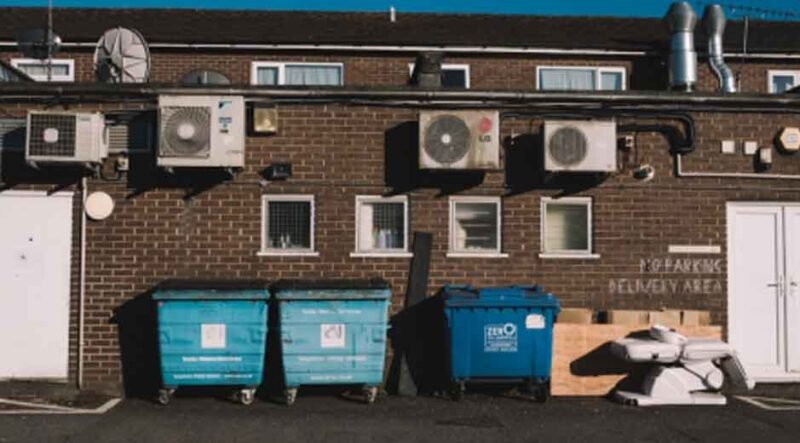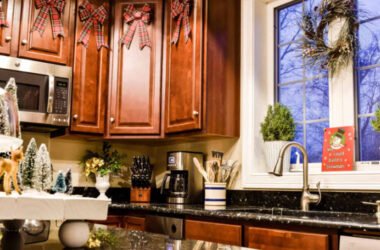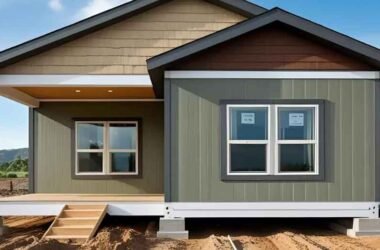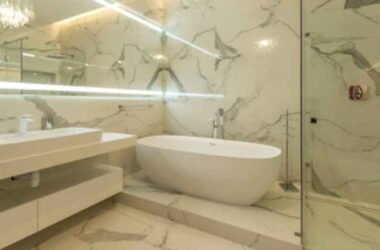Every household eventually faces the dilemma of whether to fix an existing HVAC setup or invest in something new. The decision often depends on how well a system is performing and whether it’s still worth the cost of upkeep. When heating and cooling begin to lose efficiency, or comfort levels start to drop, it may be time to weigh your options. Knowing the warning signs and understanding when an issue is worth addressing early can help avoid unexpected breakdowns later.
Here’s how to assess your options confidently, making it easier to decide when to fix what’s already there and when to look for a fresh start:
Knowing When Something’s Off
Small changes in comfort, sound, or air consistency often signal that something isn’t running as smoothly as it should. Unusual noises, fluctuating temperatures, or higher utility costs usually mean a component needs attention. Ignoring these early signs often leads to more costly outcomes later. It’s important to listen for rattling sounds, monitor airflow, and notice if certain rooms feel too warm or too cold. Tracking these patterns over time can help identify whether a quick fix will do or if deeper intervention is needed. Acting early helps avoid bigger issues, ensuring your comfort isn’t disrupted when you need it most.
Professional Insight Can Make the Difference
When deciding between fixing or replacing a heating unit, expert guidance makes all the difference. Technicians who specialize in heating and cooling assessments can inspect your setup, diagnose the cause, and suggest efficient options. HVAC technicians evaluate energy usage, airflow, and long-term performance before making recommendations. They can handle everything from tune-ups to complete heat pump installation & repair, helping keep energy costs lower and comfort levels steady. Their experience allows them to determine if a fix will last or if an updated model is a smarter investment. A reliable service team also helps create a plan for regular check-ups to extend your equipment’s lifespan.
Evaluating the Age of Your System
Age plays a big role in whether you should continue repairing or consider something new. Most heating and cooling units have a predictable lifespan, and once they near that limit, frequent issues become more common. If you’ve been dealing with frequent breakdowns or inefficiency, it’s time to assess whether keeping it makes sense. Older setups may struggle to keep up with newer energy standards, leading to higher costs. Checking serial numbers or installation dates can help estimate remaining years. Sometimes, a small fix might extend usability, but if you’re calling for service too often, a new setup could save money in the long run.
Cost Comparison: Repair vs. Replacement
Balancing expenses is key when making this decision. Repairs may seem cheaper upfront, but can add up over time. Compare your average yearly service costs against the price of a new unit. If ongoing fixes total half or more of the cost of an updated version, replacement is likely more practical. Think about energy efficiency, warranty coverage, and comfort consistency. Newer setups often save money each month, offsetting initial spending faster than expected. Keep track of invoices and utility statements to see long-term patterns. Viewing your decision as a financial choice, not just a comfort concern, helps you plan better.
Efficiency Matters More Than You Think
Energy performance has improved significantly over the years. Modern heating options use advanced technology that keeps rooms warm without overworking. They operate quietly, deliver even airflow, and lower monthly bills. Looking for energy ratings like SEER or HSPF can help identify efficient choices. A well-tuned setup keeps indoor conditions steady, regardless of the weather outside. Upgrading may cost more initially, but it helps reduce long-term spending and waste. Improved efficiency also adds value by keeping your environment comfortable and consistent. Energy-efficient options are built to run smarter, giving peace of mind that you’re not wasting power or money unnecessarily.
Safety and Reliability Are Non-Negotiable
When deciding between fixing and replacing, safety should always come first. Faulty components or outdated wiring can create serious hazards if ignored. Warning signs like burning smells, flickering lights, or unusual noises should be addressed immediately. Reliable heating not only keeps you comfortable but also prevents risks associated with malfunctioning parts. Even a minor leak or electrical issue can worsen over time. Regular inspections help identify hidden dangers before they escalate. Investing in dependable service means fewer breakdowns and a safer living environment. Keeping your system reliable ensures consistent comfort through every season without unwanted surprises.
Consider the Environmental Impact
Choosing the right solution can help reduce environmental strain. Many newer units are designed to operate efficiently with lower emissions and minimal waste. Making thoughtful decisions about replacements or upgrades helps cut energy consumption. Proper disposal of outdated units is equally important, as it prevents harmful materials from ending up in landfills. Using eco-friendly models with advanced refrigerants also supports cleaner air and sustainability. While the initial investment might seem high, the long-term benefits often outweigh the cost. Taking a mindful approach supports both your comfort and the planet’s health over time.
Warranty and Maintenance Benefits
Modern models often come with warranties that cover essential parts for several years. These protections help manage unexpected costs and provide peace of mind. Some companies also offer maintenance plans that include seasonal tune-ups, cleaning, and performance checks. Regular service helps preserve efficiency, prevents early wear, and extends the unit’s overall life. Understanding the terms of your warranty and keeping detailed service records can save time and stress later. If your current setup is out of warranty, it might be worth exploring newer options with better coverage. These safeguards help you stay comfortable and confident year-round.
Deciding whether to fix or replace heating and cooling equipment takes careful thought. Key factors like cost, energy efficiency, and safety all play an important role. Listening to early warning signs and consulting trained technicians can simplify the process. Upgrading when necessary provides lasting comfort and peace of mind. Staying informed helps make confident choices that fit your goals, reduce waste, and support better long-term comfort. With the right guidance, it becomes easier to find a balance that works for your budget, comfort, and energy efficiency all year round.









